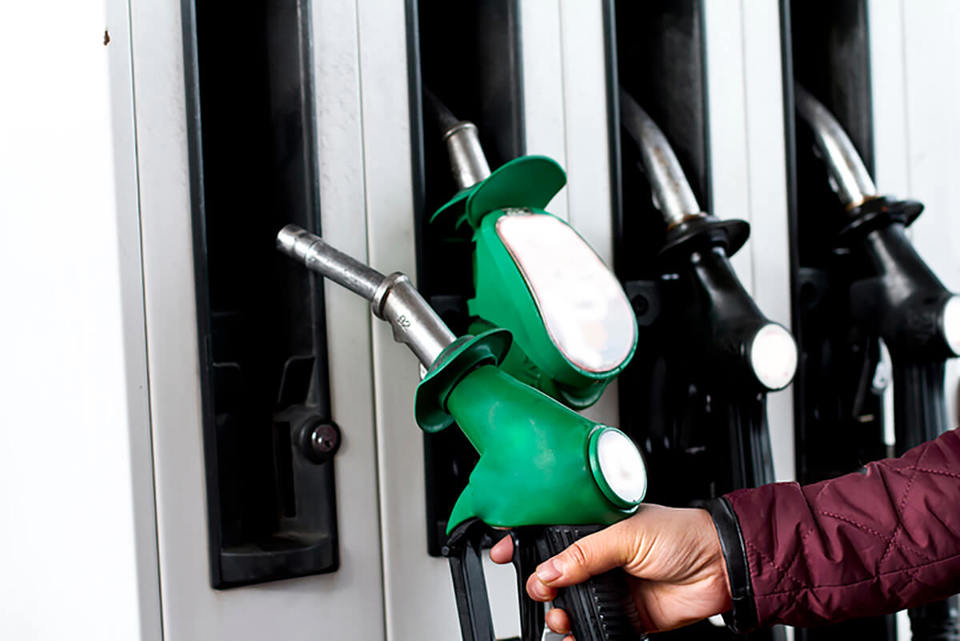New technology due in the next few years will double the fuel efficiency of vehicles using an internal combustion engine and halve their CO2 emissions, according to a major supplier to the automotive industry.
Bosch expects the internal combustion engine to dominate the automotive sector over the next 15 years, assisted by rapid improvements in technology leading to even more frugal powertrains and lightweight construction.
Dr Rolf Leonhard, executive vice-president engineering diesel systems, said: “Based on typical annual mileages for Europe and today’s fuel prices, a comparison of the fuel consumption of the average car in 2010 with a car built in 2020 shows fuel cost savings over three years of operation of between f1,000 and f1,500 (£900-£1,300).
“In other words, drivers’ operating costs are likely to be reduced by more than enough to cover the cost of all the extra technology they will have to buy in 2020 to make their cars more economical.”
The engineering giant will be supplying components for petrol, diesel, hybrid and battery electric vehicles, but does not predict a decline in conventional engines for the foreseeable future – in fact, Bosch says sales of internal combustion engine vehicles will continue to grow globally alongside alternative powertrains.
Leonhard said there were likely to be further developments with diesel engines, adopting some features already found in petrol engines, such as variable valve timing, while there would be a continued move towards turbocharged downsized engines.
One of the factors in improved diesel efficiency over the years has been increases in fuel injection pressure, and Bosch also predicts advances in this area.
Current injectors typically reach 1,800 bar, but Bosch will begin production of a 2,200 bar common rail system in 2011. It is already working on a 2,500 bar system.
Bosch believes the level of improvement delivered by these technologies will allow conventional power trains in cars and vans to dominate for the foreseeable future.
“Over the medium term, the fuel consumption and CO2 emissions of internal combustion engines will drop by 30% – both for petrol and for diesel engines”, said Dr Bulander.
“In addition, hybrid powertrains offer the chance to reduce consumption and CO2 emissions by a further 10%. Taken together with the modifications automakers are making to vehicles themselves – including low-resistance tyres, lightweight construction, and reductions in drag – this means fuel consumption and CO2 emissions can be reduced in total by around half from today’s level.
“In other words, the European CO2 target for 2020 of 95g/km is feasible for vehicles with internal combustion engines. The key to reaching the CO2 targets that have been set for 2025 lies in the internal combustion engine, but increasingly also in hybrid powertrain concepts.”
Out of a global total of 103 million produced vehicles in 2020, Bosch expects to see three million electric vehicles and plug-in hybrids, as well as roughly six million hybrid cars.













Login to comment
Comments
No comments have been made yet.